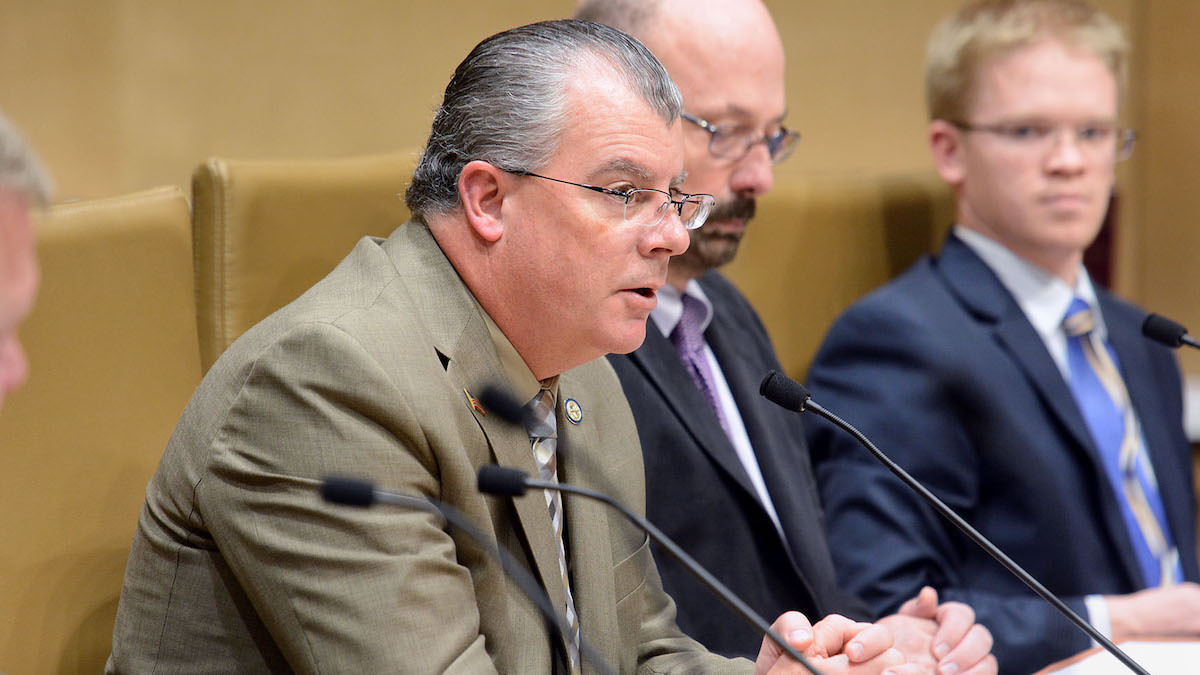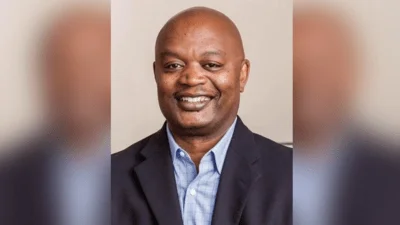Sen. Mike Goggin | Facebook
Sen. Mike Goggin | Facebook
Minnesota Senate Republicans have passed a third COVID-19 response bill, totaling $331 million, to help the state fight the pandemic.
“We remain committed to providing the support Minnesotans need as we fight this virus,” Sen. Mike Goggin said in a news release. “These are extraordinary times and we are working in tandem with our constituents to navigate our way through this pandemic together. We are prepared and we remain vigilant. We will get through this time together and recover from this stronger than before.”
The funding is allocated only for expenses incurred due to the health emergency, as declared by Executive Order 20-01, to maintain government operations.
Increased expenditures are anticipated in areas like direct health care operations, medical staffing in prisons, and resources for the National Guard.
“These grants will make sure our essential employees — educators, health care workers, and emergency responders — have access to childcare during this public health emergency,” said Sen, Karin Housley chairwoman of the Senate Family Care and Aging Committee. “These are challenging times. The work our childcare providers are doing is critical and they must have the resources they need to respond.”
The bill also provides $10 million for loans to small businesses.
“When our local businesses were ordered to close down or severely reduce their services to mitigate COVID-19, many small business owners worried they may lose their livelihood in the process,” said Senator Eric Pratt, chair of the Senate Jobs and Economic Growth Committee. “I want to thank everyone who reached out to share their concerns and make certain that they know how much we appreciate all they do in their communities. These loans are the first step to our economy recovering in the aftermath of coronavirus.”
College students impacted by the closures of higher learning institutions will also get help from the bill.
“By no fault of their own, students’ lives have been upended from campus closures,” said Senate Higher Education Committee Chair Paul Anderson. “This bill means students will receive their work study pay and ensure their financial aid won’t be affected by the efforts to mitigate coronavirus.”




 Alerts Sign-up
Alerts Sign-up